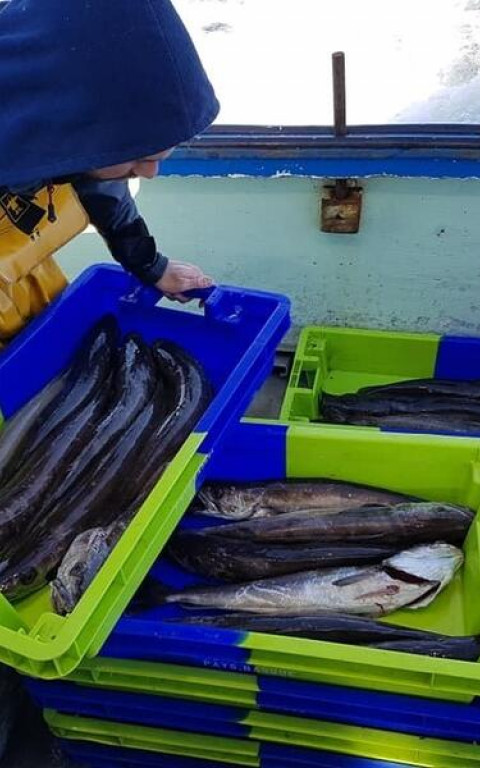Ocean Grabbing
Topic category
The term ‘ocean grabbing’ aims to cast new light on important processes and dynamics that are negatively affecting the people and communities whose way of life, cultural identity and livelihoods depend on their involvement in small-scale fishing and closely related activities. We are witnessing a major process of enclosure of the world’s oceans and fisheries resources, including marine, coastal and inland fisheries. Ocean grabbing is occurring mainly through policies, laws, and practices that are (re) defining and (re)allocating access, use and control of fisheries resources away from small-scale fishers and their communities, and often with little concern for the adverse environmental consequences. Ocean grabbing thus means the capturing of control by powerful economic actors of crucial decision-making around fisheries, including the power to decide how and for what purposes marine resources are used, conserved and managed now and in the future. As a result, these powerful actors, whose main concern is making profit, are steadily gaining control of both the fisheries’ resources and the benefits of their use.
Latest
Featured
-
An ocean drowning in capital Oil, transnational actors and the ocean in Guyana
Publication date: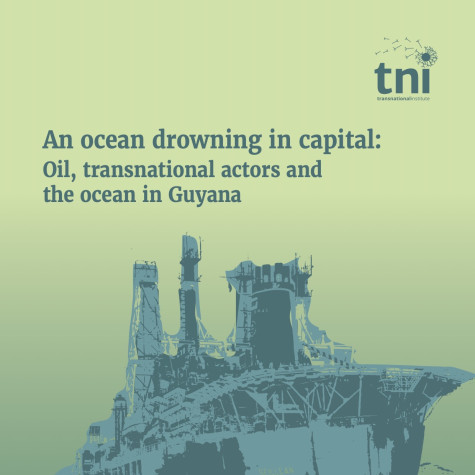
-
Blue Finance: How much debt can the ocean sustain? Implications for coastal fishing communities in South Africa
Publication date: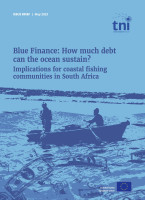
-
The Global Ocean Grab: A Primer
Publication date: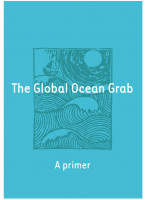
-
The Blue Fix : Unmasking the politics behind the promise of blue growth
Publication date:
Key documents
-
The Global Ocean Grab: A Primer
Publication date:
-
Blue Carbon: Ocean Grabbing in Disguise?
Publication date: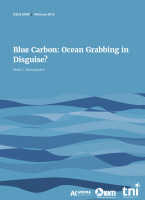
-
The Blue Fix Unmasking the politics behind the promise of blue growth
Publication date: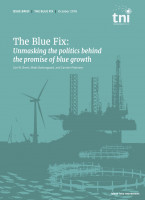
-
Unmasking the Blue Fix
Publication date: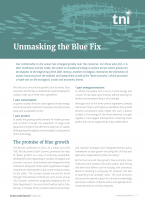
Capitalism and the Sea
Mads Barbesgaard in Conversation with Liam Campling and Alex Colás
What is the relation between contemporary social, environmental, climate, economic crises and the oceans? And also, who is benefitting from all of this exploitation of the oceans, and how? Who are the capitalists at sea and what are their strategies? What types of acts of resistance and struggle exist against these interests - historically and today?
